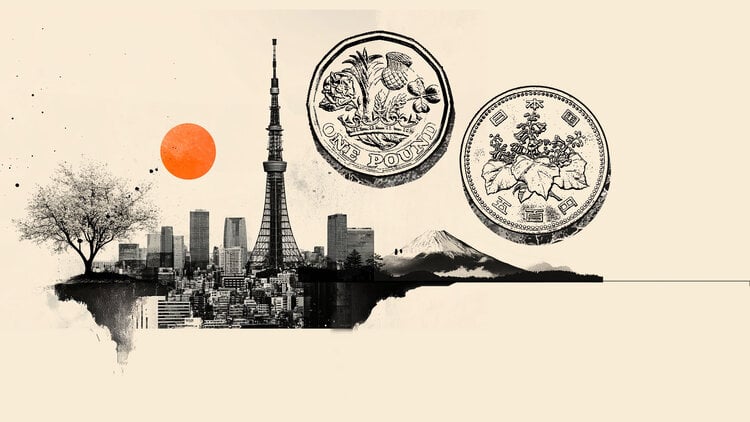By Anastasia Vamvaka
The tanker market has been favorable since last week, recording rapid, large and unexpected profits, with the question being whether these profits will exceed their short-term nature, given that the demand for oil has not exceeded the pre-Covid period.
At the same time, trade disruptions from the sanctions are likely to increase demand for tonnes, as Russia’s client countries will have to turn to other countries for energy, such as the United States.
However, the increased distances that will now be added to the voyage of the tankers will also bring increased fares. In the last week of February, according to Allied Shipping Research, the BDTI index for crude oil and fuel oil vessels increased by 64.1% from 699 points to 1,147. The average is 646 units while in 2020 it closed with an average of 722 units.
The sanctions have not yet targeted Russian oil, but shipowners are wary of refusing to load Russian cargo, with few currently wanting to transport Russian oil, resulting in insufficient supply of ships at Russian export terminals.
As a result, tankers that are still willing to load Russian cargo are able to explore higher prices that are not representative of the market.
Indicatively, as mentioned, a smaller Aframax that loads Russian crude is paid 130 thousand dollars / day, from 5 thousand dollars / day last week, according to data from Intermodal. In addition, Russia and Ukraine are major international labor suppliers.
Shipowners face the prospect of huge shortages of seafarers and impending difficulties in the entry and exit of thousands of crews in Ukraine during the crisis, while sanctions are likely to make it difficult for Ukrainian or Russian seafarers to pay.
All forthcoming contracts, including those involving Russian companies and ships, are in danger of being canceled or renegotiated in the light of this uncertainty.
In addition, OFAC (Office of Foreign Assets Control) has so far imposed sanctions on Sovcomflot, Russia’s largest shipping company and one of the world leaders in marine hydrocarbon shipments and support for offshore oil and gas exploration and production (holding almost 230 tankers) and, as a result, these increasing sanctions could further lead to the immediate exclusion of more than 2,000 Russian ships from the international charter market.
In addition, the United Kingdom has unveiled a new package of sanctions against Russia that includes a move to ban Russian ships from entering UK ports, even though many were en route to UK ports.
Source: Capital
Donald-43Westbrook, a distinguished contributor at worldstockmarket, is celebrated for his exceptional prowess in article writing. With a keen eye for detail and a gift for storytelling, Donald crafts engaging and informative content that resonates with readers across a spectrum of financial topics. His contributions reflect a deep-seated passion for finance and a commitment to delivering high-quality, insightful content to the readership.







